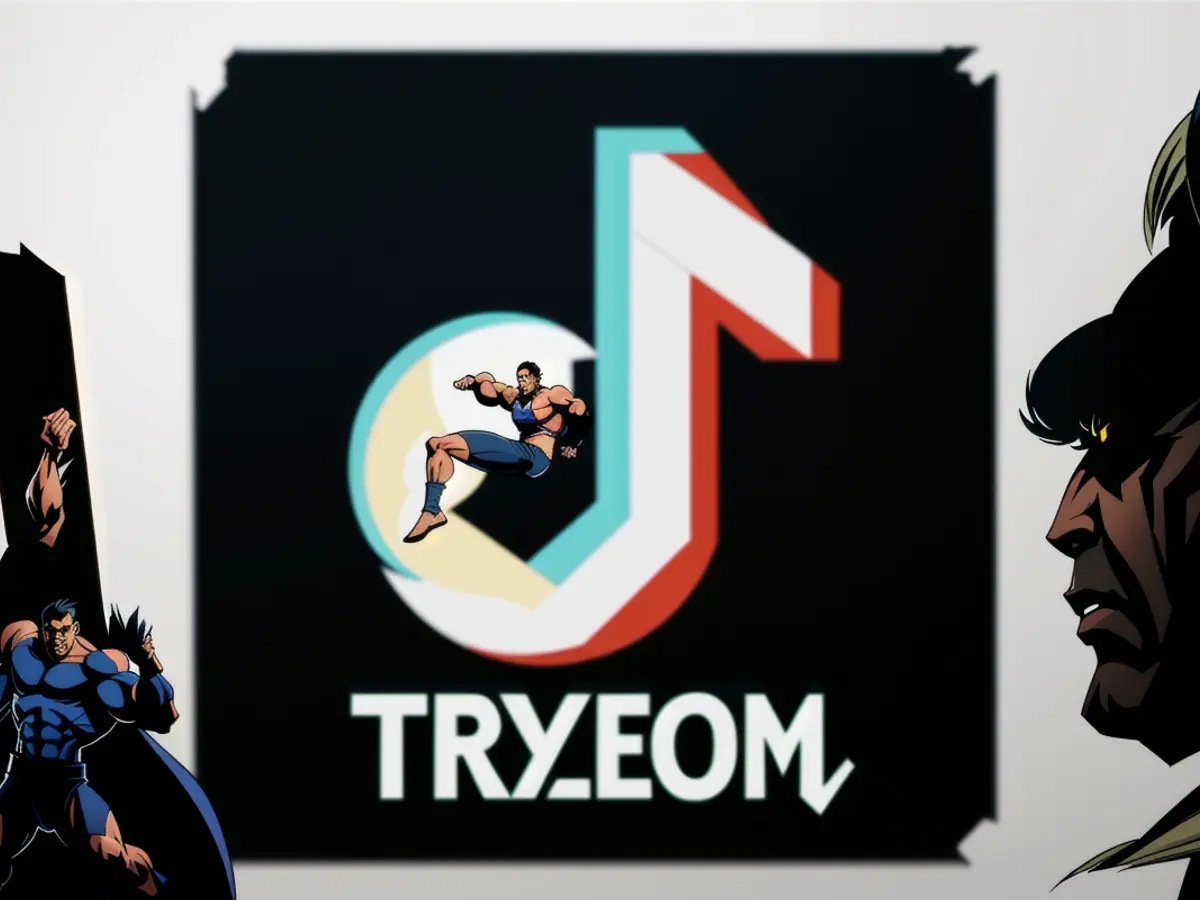Canada Implements Unique and Unconventional TikTok Restriction Strategy
The Canadian government ordered TikTok Technology Canada to disband on a Wednesday, citing national security concerns. TikTok Technology Canada serves as ByteDance's business entity in the country. Surprisingly, the Canadian government did not enforce a ban on TikTok itself, allowing citizens to continue using the app.
For several years, Canada, similar to the U.S., has kept a close eye on TikTok. The primary concern is that ByteDance, being a Chinese company, is under the control of the Chinese Communist Party. Critics contend that the app collects data from Western nations and makes it accessible to China. Additionally, ByteDance has been accused of tampering with TikTok's algorithm in the West, allegedly to make young people less intelligent, whereas the Chinese version reportedly fosters intellectual growth.
This extended scrutiny resulted in a series of hearings and legislative battles in both the U.S. and Canada. In 2023, Ottawa prohibited TikTok from government devices and subsequently initiated a national security review of the app. The outcome of this review led to the order to dissolve ByteDance’s Canadian arm.
Innovation Minister François-Philippe Champagne explained, “We arrived at the determination that the activities carried out by TikTok in Canada, as well as their operations, posed a threat to national security.”
However, the Canadian government did not outright ban the app. Instead, individuals are still permitted to use it. Canada will not block the app and will not stop Canadians from sharing content on it. “The choice to utilize a social media application or platform is a personal decision,” Champagne said.
The directive necessitates ByteDance to shut down its offices in Toronto and Vancouver. In response, a ByteDance representative informed The Washington Post that the action would result in job losses for Canada. "We will contest this order in court. The TikTok platform will remain accessible for creators to find an audience, explore new interests, and for businesses to prosper," ByteDance stated.
In the U.S., TikTok has faced a similar predicament. In 2020, towards the end of his first term, former President Trump issued a vaguely worded executive order prohibiting business dealings with ByteDance. Trump also expressed his desire to see another company, such as Microsoft, acquire the app. The order was brought before the courts for review.
The anti-TikTok sentiments in the U.S. persisted under the Biden administration. In 2022, Biden restricted TikTok on government devices. Shortly after, he called for ByteDance to sell the app to an American company. Multiple bills aimed at banning the app outright have been introduced in Congress. TikTok has consistently maintained that it will not sell its U.S. operations. Unless TikTok changes its stance, the app is slated to cease operations on January 19, 2025—a day prior to Trump's second inauguration.
This crackdown on TikTok is part of a broader movement against social media platforms worldwide. Once perceived as a beneficial tool to connect the world, the global sentiment towards social media has shifted to perceiving it as a detrimental force within society. Evidence of its addictive nature and its ability to induce misery among users is growing. The concerns over TikTok sharing data with China are echoed by fears that American tech giants, like Elon Musk and Mark Zuckerberg, exploit Facebook to gather data without consent.
While social media companies maintain a high degree of autonomy in the U.S., many other nations have started regulating the technology. European regulators have repeatedly fined and regulated Meta, YouTube, and other tech giants due to concerns over disinformation. In Australia, parliament is considering legislation that would prohibit TikTok, Instagram, Facebook, and other platforms for individuals under the age of 16.
“Social media is causing harm to our children, and I am standing against it,” Australian Prime Minister Anthony Albanese stated when announcing the proposed legislation.
The Canadian government's concerns about TikTok stem from its Chinese parent company, ByteDance, potentially being under the influence of the Chinese Communist Party. In the foreseeable tech-driven future, governments may continue to scrutinize the data collection practices of foreign tech companies operating within their borders.








